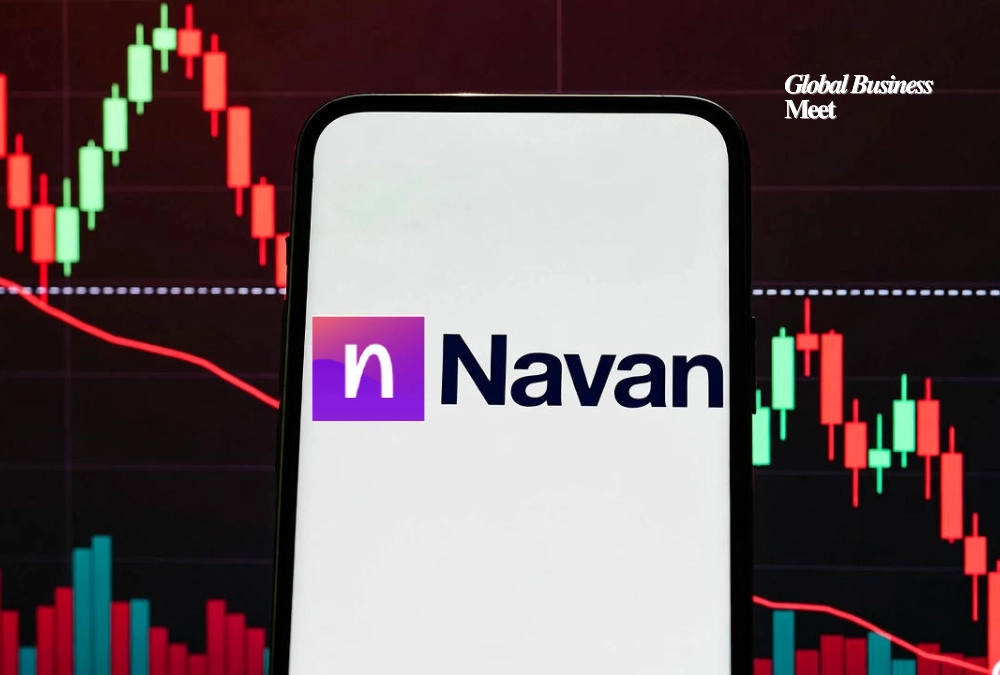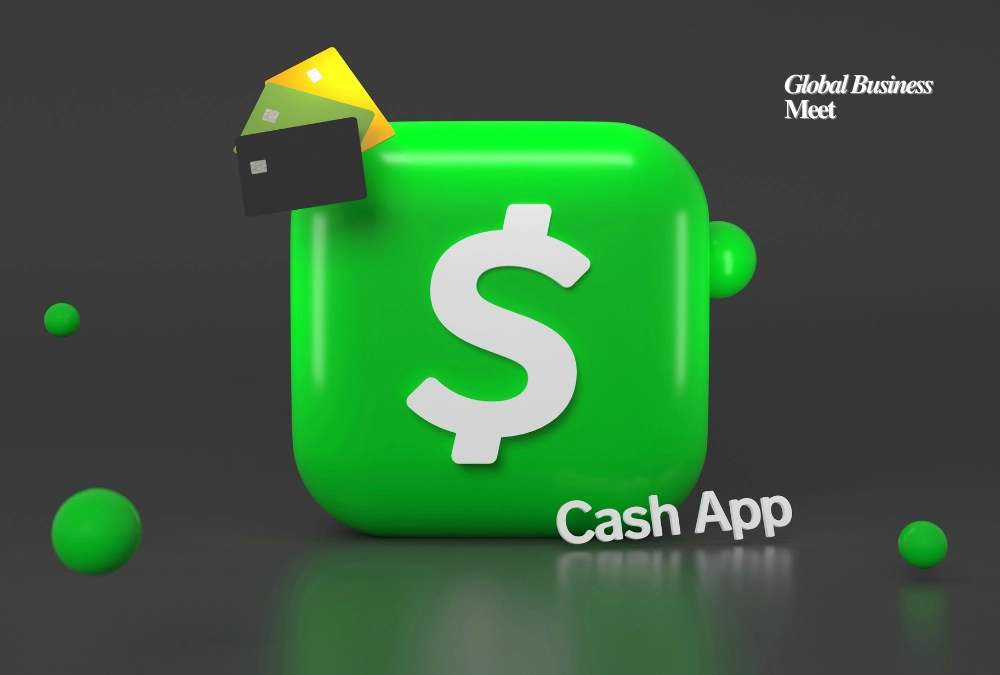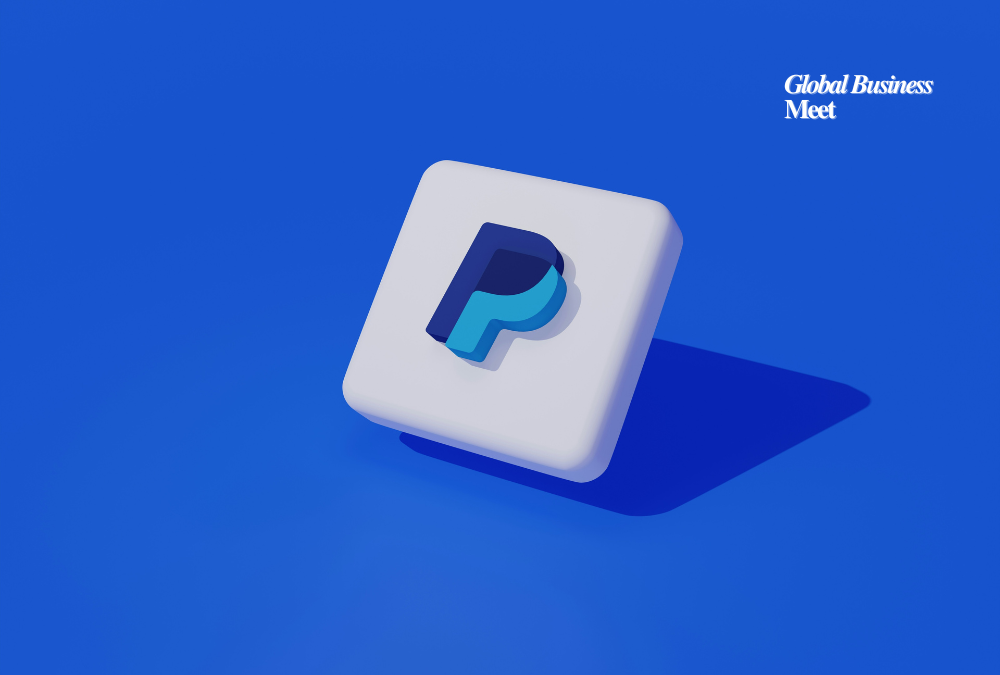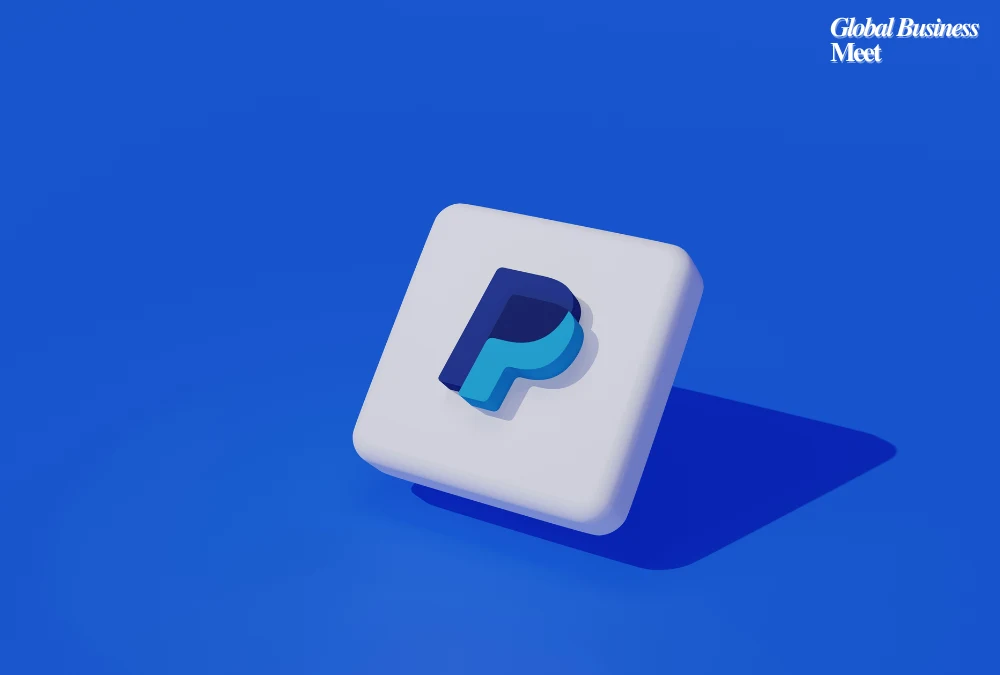
The largest high street bank in Britain, Lloyds Banking Group, is close to finalizing its purchase of fintech firm Curve in a deal reported to be worth nearly £120 million. Sources familiar with the matter said that terms have been agreed, and a formal announcement could be made within days, although confirmation could also be pushed later into the month.
This acquisition would mark a significant step for both Lloyds and the wider UK fintech sector, highlighting the growing importance of digital wallets and payment platforms in the financial services market.
Why Lloyds Wants Curve
Lloyds, which operates the Halifax brand and maintains the largest number of branches in the UK, has been in talks with Curve for several months. The fintech’s digital wallet is seen as a valuable strategic asset, especially as regulators increase pressure on Apple to open its payment services to competitors.
Curve’s platform enables customers to consolidate multiple debit and credit cards into one digital wallet, offering convenience along with features such as rewards and reduced fees. Over time, the company has evolved into a broader financial management tool, placing it in direct competition with services like Apple Pay and Google Pay. For Lloyds, acquiring Curve would provide entry into the rapidly expanding payments sector, a space dominated by big tech firms and currently under regulatory review.
From Startup to Takeover Target
Founded in 2016 by former Israeli special forces officer turned entrepreneur Shachar Bialick, Curve quickly rose to prominence as one of Britain’s most promising fintech startups. Its early pitch was simple: combine all of a customer’s cards into one app and card.
By 2019, Bialick was predicting that Curve would be publicly listed within a decade and valued at $50–60 billion. The reported £120 million sale price is a sharp contrast to those ambitions and may disappoint long-term investors.
Over the years, Curve raised more than £200 million in equity, including a £133 million Series C round in 2023 backed by investors such as IDC Ventures, Britannia, Cercano Management (the venture arm of Microsoft co-founder Paul Allen’s estate), and Outward VC. The company raised an additional £40 million in 2024 but also reduced staff and paused its U.S. expansion due to financial challenges.
Despite setbacks, Curve has retained strong backers. Lord Stanley Fink, the former CEO of Man Group and a prominent supporter of UK tech startups, serves as the company’s chairman. He praised Curve’s evolution from a simple card-combining app into a comprehensive digital wallet platform as a “hard-fought ascent.”
The Strategic Fit for Lloyds
For Lloyds, the acquisition aligns with its broader push into technology and payments innovation under CEO Charlie Nunn. The bank already holds stakes in fintechs such as Thought Machine, a banking-as-a-service platform, but Curve offers a direct entry point into consumer digital wallets and payments.
The timing is also strategic. Regulators including the Financial Conduct Authority (FCA), Payment Systems Regulator (PSR), and Competition and Markets Authority (CMA) are closely monitoring the growing dominance of Apple and Google in payments. Owning Curve would give Lloyds a stronger position in this evolving landscape.
Curve’s Technology and User Appeal
Curve’s key innovation lies in its ability to intercept transactions, giving users greater control and benefits like its Double Dip Rewards program while reducing hidden fees. Importantly, customers can continue using their existing cards without disruption.
IDC Ventures, one of its investors, highlighted Curve’s ability to “supercharge the customer experience,” a feature that Lloyds could leverage to strengthen its digital offering in an increasingly competitive sector.
The Bigger Picture for UK Fintech
The Lloyds-Curve deal comes as the UK government looks to boost its fintech ecosystem. Chancellor Rachel Reeves is expected to announce new initiatives, including a concierge service that connects startups with investors.
For Curve, the acquisition marks both an end and a new beginning. While it has not achieved the lofty valuations once envisioned, becoming part of Lloyds could provide the scale and resources needed to expand its reach and solidify its technology in the market.
Conclusion
If completed, the Lloyds takeover of Curve will underscore the convergence of fintech innovation and traditional banking. For Lloyds, it represents a long-term investment in the future of payments, while for Curve, it is the culmination of nearly a decade of growth, challenges, and ambition.
The success of this partnership will depend on how effectively Lloyds integrates Curve’s technology and brand into its operations. What is certain is that the deal reinforces the central role fintech innovation will play in shaping the future of financial services in the UK.





































